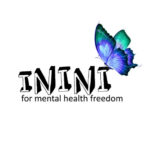The Inini way
Inini strives to deliver culturally sensitive mental health services for its users.
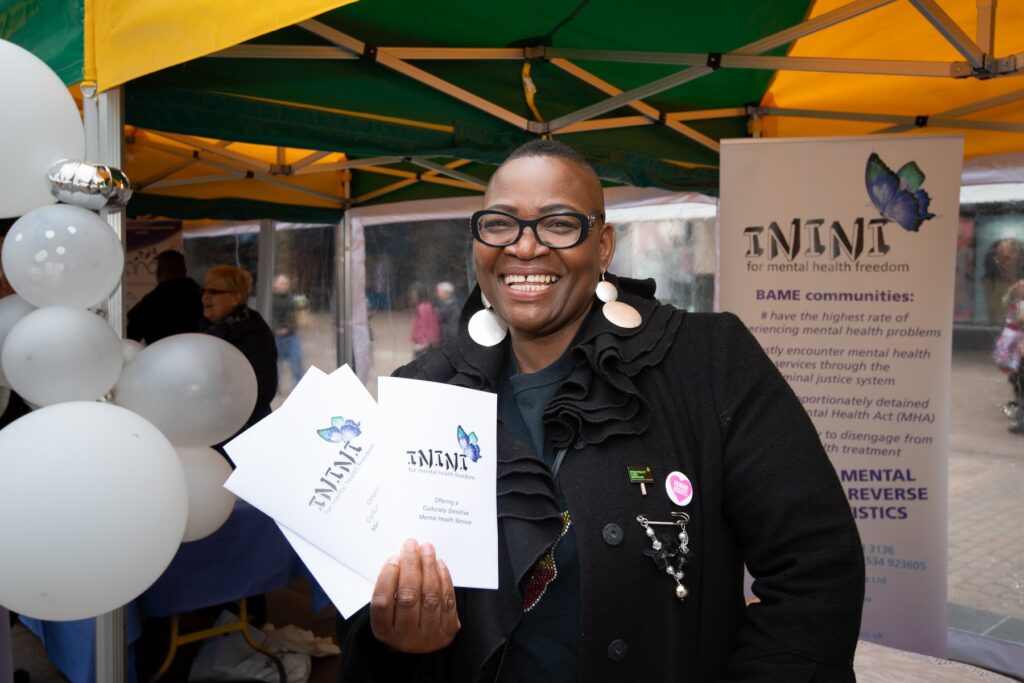
Our Services
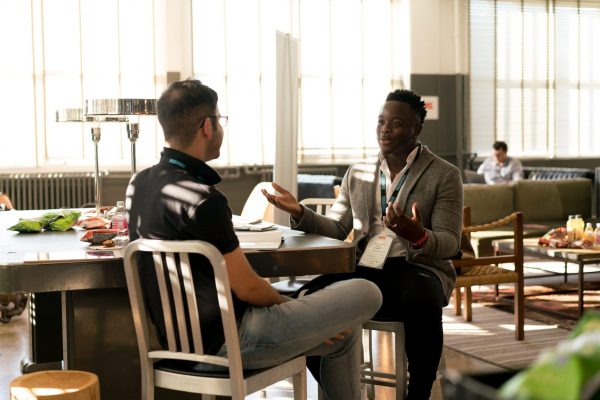
Counselling
Inini works with qualified ethnic minorities counselling therapists to provide one-to-one sessions of therapy. Our therapists specialise in supporting individuals experiencing trauma and issues around migration. Prior to providing therapy, we will conduct an assessment of your needs and then refer you to relevant support. We can provide our service users with six 50-minute sessions of telephone therapy. These sessions are free and confidential. Please email Inini on admin@inini.co.uk if you would like to refer yourself or someone else.
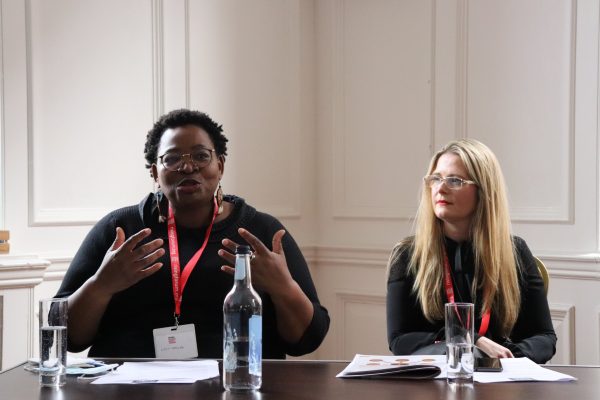
Health Research
Evidence shows that ethnic minorities communities are under-represented in health research and hence, at Inini we believe in carrying out research to influence the development of adequate interventions for this community group. We are working with Dr Mathew Nyashanu who has carried out extensive research on ethnic minorities communities. Some of his work can be viewed here.

Young Peoples' Drop-in
Inini Initiative recognises the importance of investing time and support in young people. Young people from ethnic minorities communities face challenges that are specific to them such as issues to do with their identity. Growing up balancing different cultural influences while trying to figure out what their place in society is. Rejecting the stereotype where low expectations are placed on the young people from an early age. We offer drop-in sessions on different days for girls and boys as these allow us to take an in-depth approach to addressing the needs of our clients in a safe and confidential environment. Support can be in the form of providing a mentor especially for those with a challenging family background.
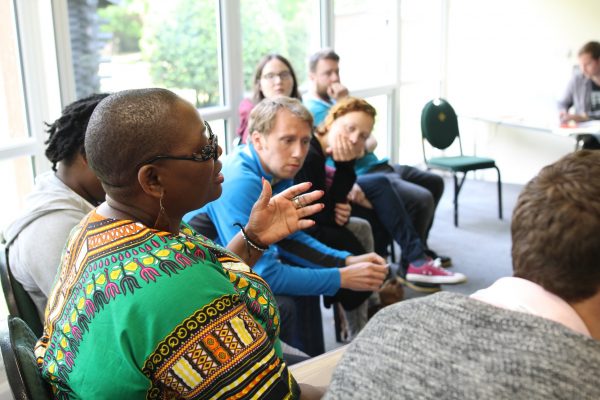
Workshops & Training
Through our workshops we provide an in-depth understanding around different issues that may affect the mental health of members of the ethnic minorities community. The workshops may be a single workshop, two sessions, six or twelve weeks depending on the topic. Our workshops are always evolving as we identify needs of the ethnic minorities community. We have workshops aimed at understanding mental health issues, confidence building, and intervention support for young people and parents.
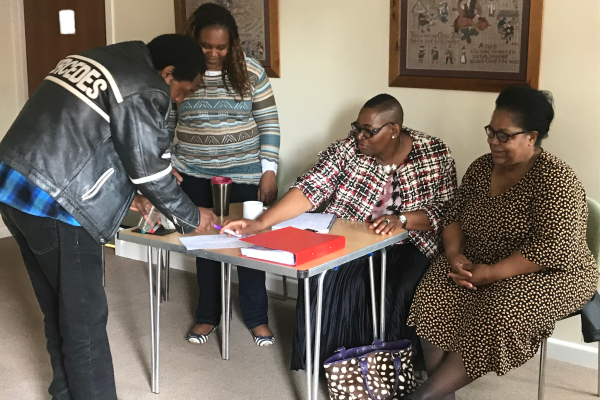
Drop-in/peer support group
We run weekly drop-in sessions on a Tuesday. They provide an informal space for people to connect, learn and grow. We have different themes each week which focus on the various issues that people may be facing. For example, this can be supporting people with employment, such as creating a CV and navigating employment laws. We may look at building confidence, communication skills, or positive psychology. You can come along to the peer-support group in person on a Tuesday from 12:00 PM at The Friends Meeting House, CV1 4AN.
Our Activities
Inini offers a range of focused group activities. Our group work sessions are structured with each session having a purpose or emphasis.

Community Life
Encourages members of the group to develop a sense of community by helping them to understand their environment (local community). We support them gain confidence in getting around and accessing resources available to them within their local community. This will give them a feeling of belonging and a sense of responsibility for the future of the city.

Sango Nini Book Club
Sango Nini is a monthly book club focused on exploring literature written by black people that centre around healing processes. We meet on a Saturday from 14:00 – 15:00 PM at the Inini office (30 City Arcade, CV1 3HW). We read a book for adults and children. You can read the literature ahead of time or during the session as we provide excerpts of each text.
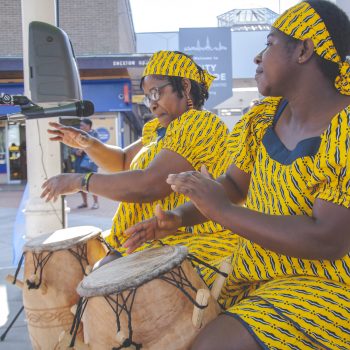
Music Club
Music is a universal language that helps people communicate their thoughts and feelings regardless of cultural differences and language barriers. Members of the group will be led by experienced instructors to explore different sounds and instruments such as drums and mbira. This creates a fun and relaxed atmosphere for members of the group to engage in a therapeutic and creative way.
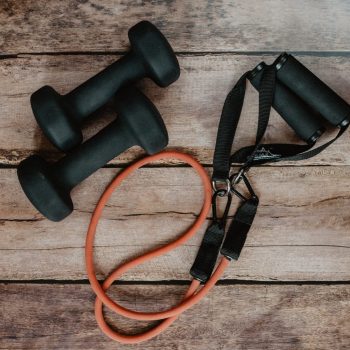
Health Club
Encourages members of the group to develop a healthier lifestyle. Members of the group are supported to develop an understanding of the benefits of engaging in behaviours that promote good well-being such as maintaining a good diet and exercise. They are also given skills on how to manage their mental health and stress levels.
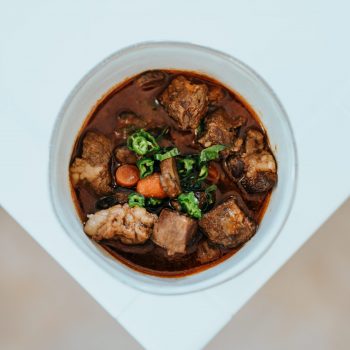
Soul Food
Food symbolises hospitality to ethnic minorities communities and what better way to relax and feel at home than sampling the different cuisines enjoyed by members of the group who come from different backgrounds and cultures as well as towns and cities across the country. Exploring British home-grown foods and tastes made by local producers as members connect and engage. This leaves them relaxed enough to participate in difficult conversations such as discrimination and mental health.
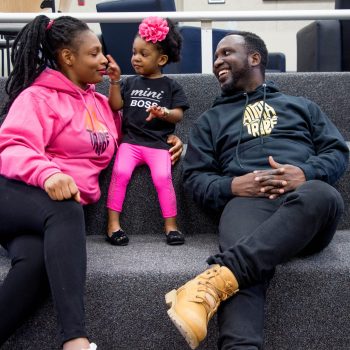
Family Club
Inini provides a space where people can receive support and encouragement around family life. Together we explore various issues that are part of day to day family living such as parenting, family breakdown and working through different crisis situations that come up in life.
